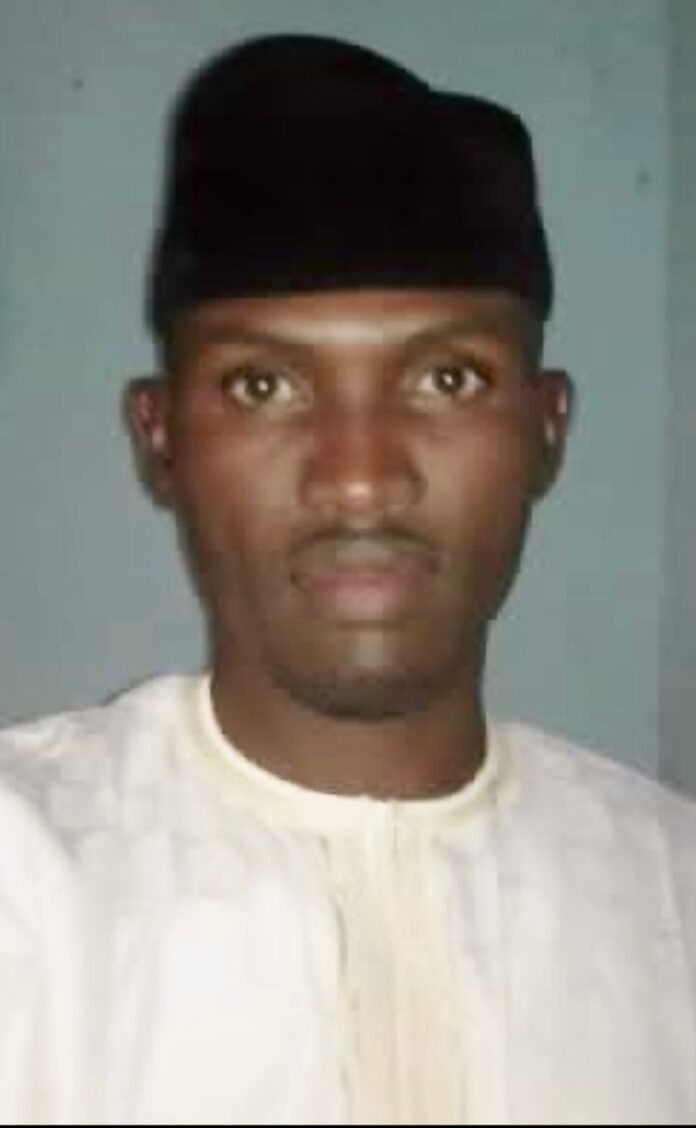Democracy in Nigeria: Gain or loss to the Nigerian masses?, by Habib Balarabe Marmara
As Nigeria marks 26 years of civilian rule today, May 29, 2025, many Nigerians are asking themselves: has democracy really helped ordinary people, or has it made things worse?
When the military handed over power in 1999, people were full of hope. We believed things would change for the better — that life would be easier, there would be justice, unity, and development. But what we got instead was more hardship, hunger, insecurity, and confusion. Many people are now disappointed with how things have turned out.
One of the biggest problems that started after democracy came is insecurity. In the early 2000s, there was serious violence involving the Oodua People’s Congress (OPC) in the South West, which led to many deaths and destruction. Around that same period, militancy in the Niger Delta became a big issue. Armed groups were attacking oil workers, kidnapping people, and stealing crude oil. These activities affected our economy and made life dangerous in that region.
Later on, Boko Haram started in the North East and became one of the deadliest terrorist groups in the world. They bombed churches, mosques, markets, and schools — killing thousands and forcing millions to leave their homes. Then came bandits in the North West and North Central. These criminals burn villages, kill people, and kidnap for ransom. In the South East, IPOB and its armed group ESN have also caused unrest with their violent campaigns and sit-at-home orders. All of these problems have grown worse under this civilian government.
Why is this happening? It’s mostly because of bad leadership. Many of those in power only think about themselves. Corruption, injustice, unemployment, hunger, and lack of opportunity have pushed people into crime and violence.
Another sad area is our health and education. Government hospitals are in terrible shape. Patients have to buy their own drugs and basic materials. Many die from common illnesses because of lack of care. Meanwhile, our leaders travel abroad for treatment while the poor are left to suffer.
Schools are also in bad condition. Many children learn under trees, some schools don’t have enough teachers or classrooms, and our universities are always going on strike. While the children of the rich go abroad to study, children of the poor are left behind in broken schools with no future.
To be honest, the worst time in these 26 years of democracy is these past two years. Life has become extremely hard. Many people can’t feed their families, pay school fees, or afford hospital treatment. The price of food, transport, and fuel is too high for ordinary people to manage. People are struggling every day just to survive. This shows how disconnected our leaders are from the people they are supposed to serve.
Politics has become a money-making business instead of public service. Elections are full of rigging, violence, and lies. Politicians use tribalism and religion to divide us. Once they win, they forget the people. There are no jobs, no support for farmers, and no hope for the youth. That’s why many young people are turning to crime, drugs, or trying to escape the country.
So what does democracy mean to an ordinary Nigerian? To a hungry person? To a jobless graduate? To a farmer chased away by bandits? To a mother who dies because there’s no doctor at the hospital? Or to a fisherman in the Niger Delta whose water has been polluted by oil and whose business is gone?
Real democracy should protect lives, bring freedom, and make life better for the people. But right now, that is not what we’re getting. If we want things to change, we the people must wake up. We must hold our leaders accountable, stop selling our votes, and stop supporting bad leaders just because they are from our tribe or religion.
After 26 years, there’s very little for the average Nigerian to celebrate. The system that was meant to bring peace and progress has brought more suffering. Unless serious changes are made, democracy in Nigeria will remain a big disappointment.
Still, all hope is not lost. If we come together, vote wisely, and stand for truth, democracy can still work for us.
But for now, for most Nigerians, democracy has brought more pain than gain.
Habib Balarabe Marmara is a certified librarian in Northwest University, Kano. He can be reached via marmarahabib@gmail.com
+2348061617759
Disclaimer
The opinions and views expressed in this article belong solely to the original author and other contributors. They do not necessarily reflect the official policy or opinions of Neptune Prime.
Follow the Neptune Prime channel on WhatsApp:
Do you have breaking news, interview request, opinion, suggestion, or want your event covered? Email us at neptuneprime2233@gmail.com






We recognise Neptune
Thank you, Maina.